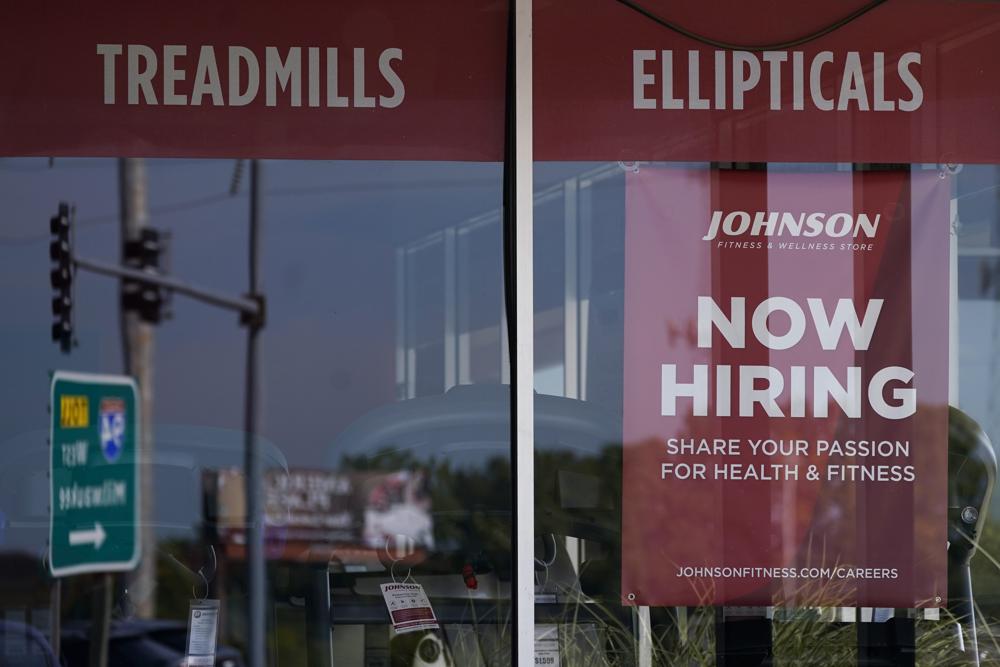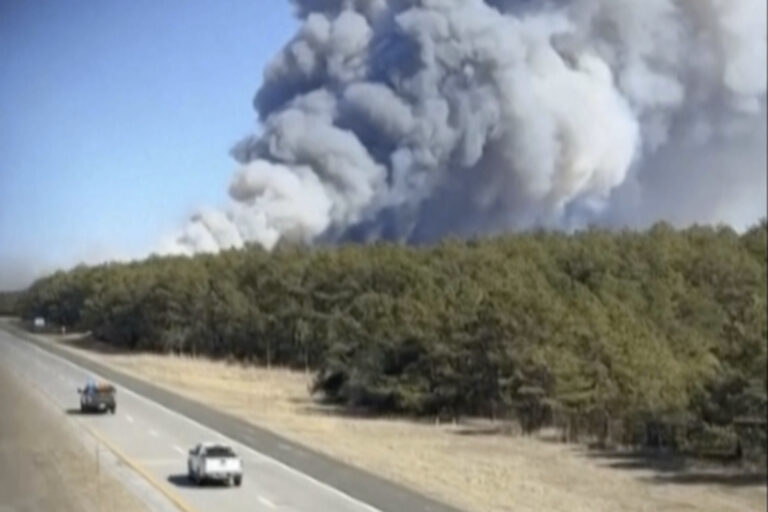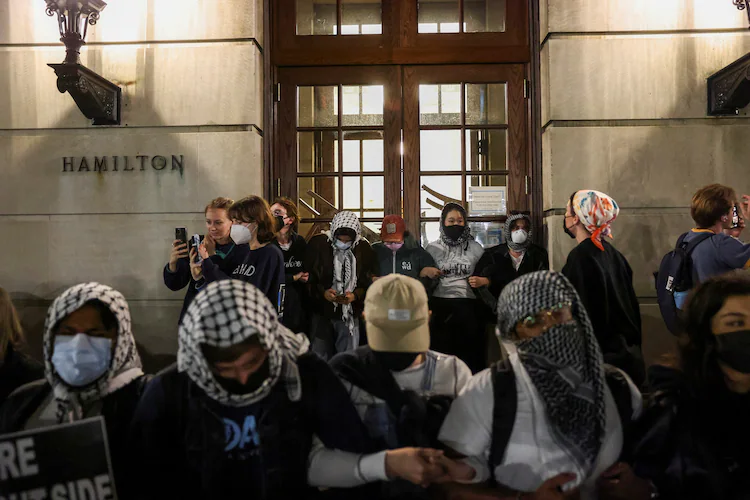Slightly more Americans applied for unemployment benefits last week as the labor market remains one of the healthiest parts of an uneven U.S. economy.
Jobless claims for the week ending Oct. 22 inched up by 3,000 to 217,000 from 214,000 the previous week, the Labor Department reported Thursday.
The four-week moving average rose to 219,000 from 212,250 the previous week.
Applications for jobless claims, considered a proxy for layoffs, have remained historically low even as the Federal Reserve has cranked up its benchmark borrowing rate in an effort to cool the economy and tame inflation.
Fed officials have warned that the unemployment rate will likely have to rise as part of their fight against rising prices, and the most recent government jobs report likely snuffed out any hope that the Fed would pause rate increases when it meets in next week.
American employers slowed their hiring in September but still added 263,000 jobs and the unemployment rate fell from 3.7% to 3.5%, matching a half-century low.
Earlier this month, the government reported that inflation in the United States accelerated in September, with the cost of housing and other necessities intensifying pressure on families and businesses.
Four-decade high inflation has prompted the Federal Reserve to keep raising its key interest rate, which is currently in a range of 3% to 3.25%. A little more than six months ago, that rate was near zero. The sharp rate hikes have pushed mortgage rates up near 7%, and made other borrowing costlier. The Fed hopes that higher interest rates will slow borrowing and spending and push inflation closer to its traditional 2% target.
The U.S. economy rebounded in the third quarter, the government reported Thursday, expanding by 2.6% after contracting in the first half of the year.
The total number of Americans collecting unemployment aid rose by 55,000 to 1.44 million for the week ending Oct. 15, its highest level in seven months, but still not a worrisome level.
(AP)












One Response
A “recession” happening during a labor shortage is unprecedented. Business profits might fall, but wages and unemployment will keep rising.
For well over 50 years the government (and media, and schools, etc.) have been teaching children that it is not a good thing to have a family. A woman (typically) who has spent 30 years raising and educating children is treated as someone who is unemployable since has never worked in her life. Parents who put family ahead of work are clearly discriminated against in employment and career advancement (regardless of gender). AND SURPRISE, the birth rate falls so radically that there is a labor shortage (which slows down economic growth and is inflationary).
And even though there are thousands of would be immigrants looking for work and trying to bash down the door, both parties strive to turn them away.